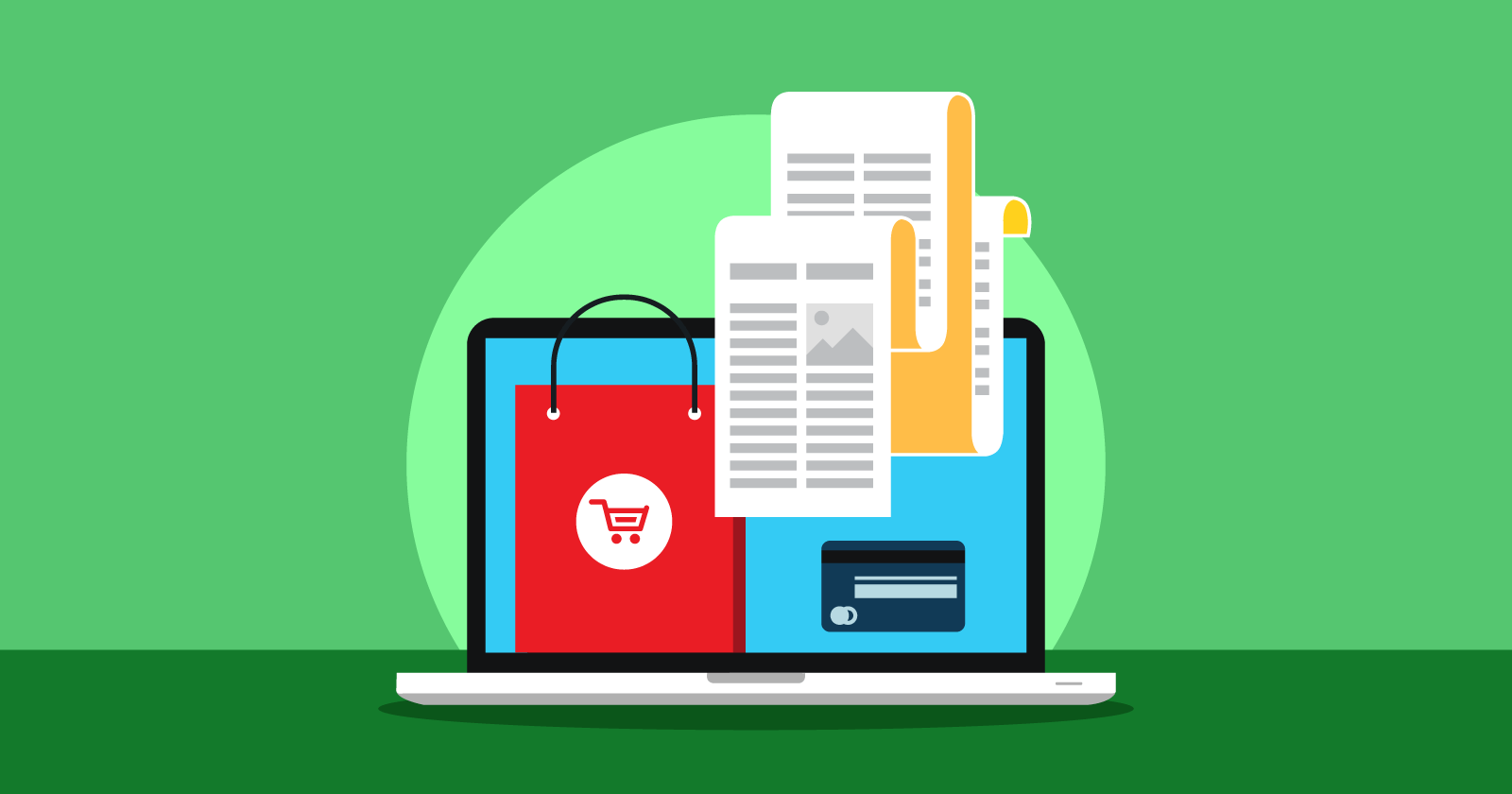

Is it beneficial to have a blog for my e-commerce website to enhance my digital marketing efforts?
In many instances, the response is affirmative! Having a presence on various online platforms can be a crucial and essential strategy for e-commerce.
I aim to discuss the benefits of having an e-commerce blog in this article and offer guidance on decisions like selecting a domain, blog platform, and hosting.
What is the purpose of having a blog for online retail?
Every online store requires traffic to make sales and generate income, and blogs are commonly used by entrepreneurs and professionals to boost website and e-commerce traffic.
A well-planned content marketing strategy can draw visitors to the blog, who may later become customers of the online store and loyal followers of the brand.
Other benefits of having an online store blog include:
- Enhance your influence in the industry by creating articles that support and clarify your products or services.
- Generate traffic to your online store by linking to it from your blog posts and other relevant third-party sources.
- Publishing appropriate content that captivates readers is key to engaging your audience.
- By getting your blog indexed on search engines like Google or promoting it on social platforms like Instagram, you can draw in visitors and potential customers to your online store.
- Boosting the trustworthiness and standing of your brand online is vital, especially for established brands in the physical world.
- Maintaining a clear line of communication with your clients by utilizing your blog as a platform for engagement and sharing information between your business and its audience.
- Reinforce your brand strategy on social media by using articles as original content for your networks.
Besides the previously mentioned aspects, it is important to note that the primary investment in a blog is typically the time required for content creation. The financial expenses for running a blog are generally minimal, and in some cases, it can even be done for free.
Learn how to generate unique blog articles on WordPress with the Infinity Copy content creator.
The outcomes of a content strategy require more time and effort compared to quick results initiatives like online ads. Maintaining a blog is similar to tending a garden, as it necessitates watering, care, and patience before seeing the first signs of success.
Starting an e-commerce blog can be initiated by following these steps.
I have discussed the significance of having an e-commerce blog and provided practical advice for setting up your own virtual store blog to assist you in its creation.
Before diving into creating your own blog, it is essential to address certain key questions that will assist you in the process. Here are some of those questions.
Should I utilize the identical e-commerce domain for the blog?


It is advisable to inquire if the current domain used for e-commerce can also be utilized for the blog, particularly if you already have a virtual store.
If I have an online store named shopdobill.com.br, I would likely create a blog using the same domain, such as storedobill.com.br/blog, to boost the domain’s search engine ranking by having all content under the same address.
The option to configure a blog in a subdirectory may not be feasible on some e-commerce platforms that do not provide access to the hosting server. This setup is typically only available on platforms like Magento or WordPress with the WooCommerce plugin installed on an external hosting server.
You can use a subdomain to create your blog for an online store, allowing flexibility in hosting servers compared to a subdirectory, which must be on the same server as the main domain.
Discover additional information about the topic of records within the DNS zone here.
Utilizing a subdomain for your online shop’s blog can be advantageous. By choosing a free blog platform like Blogger, you can create a subdomain for it at no cost. This allows you to operate your e-commerce on one platform while hosting your blog on another, providing additional flexibility.
Also check out: Virtual Store: its definition and how this online shopping platform operates
You could also opt to use a different domain to establish your blog, which could be a compelling choice based on your digital marketing strategy. For instance, if a website like storedobill.com.br focuses on selling computer gaming parts and devices, you could create a blog on alloverpcsgamers.com.br to support the online store. This blog could strive to become an expert in the field and recommend the store for purchasing parts and accessories. However, the drawback is that managing two separate brands online would be necessary, and the main domain’s (e-commerce) authority would only be reinforced through links from the blog to the online store.
Summarizing domain choices for online shop:
- Subfolder on the e-commerce website: dominiodaloja.com/blog.
- Subsection in the e-commerce realm: blog.store.domain.
- New website address: blogdomain. with.
Which platform is best for my e-commerce blog?


The choice of blog platform is crucial for the success of your project, especially if you aim to improve your posts’ ranking on Google. Platforms like WordPress and Blogger are recommended for their search-friendly features even with minimal setup. However, it’s important to ensure compatibility with your chosen domain.
Depending on how you aim to attract visitors to your blog, the platform you use may not be crucial. For instance, if you are a social media influencer with a large following and rely on social channels to drive traffic, the platform’s search engine friendliness may not be as significant. Nonetheless, it is advisable to opt for a platform that is search engine friendly to broaden your reach to potential customers. 😉
Consider assessing if your e-commerce platform supports blogging features or offers the option to integrate external tools beyond the online store. Align your decision with your digital marketing strategy.
Refer to: Creating a WordPress blog
Is it essential to employ a hosting service?


You may have addressed this question before while evaluating past matters, but it is valuable to discuss selecting hosting for an e-commerce blog.
Make sure that the blog feature on your e-commerce platform aligns with your marketing strategy and offers all the desired features, as some ready-made virtual store platforms may have limited or no blog resources.
Consider whether free or paid hosting is necessary when choosing an external blog platform. While free services like Blogger can suffice for basic e-commerce blog needs without any cost, using WordPress on a website hosting service may be more suitable for advanced customizations. This option offers greater freedom in blog creation and additional features like installation and automatic updates.
Now that you understand the key ideas related to setting up a blog for an online store, here are four fantastic and no-cost resources to utilize.
Feel free to ask any questions you may have by leaving a comment; I’ll be happy to assist you!
Publication date: January 16, 2023 (revised on May 16, 2023)
Blogger tools available for free.

